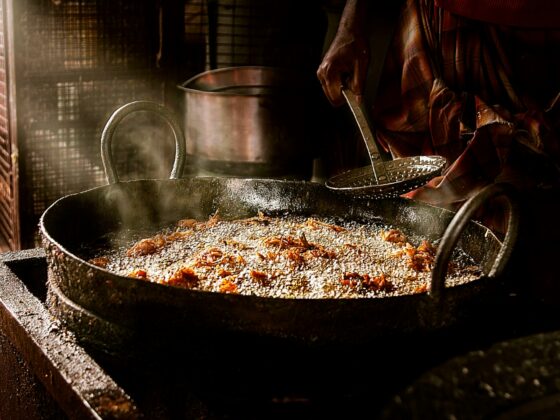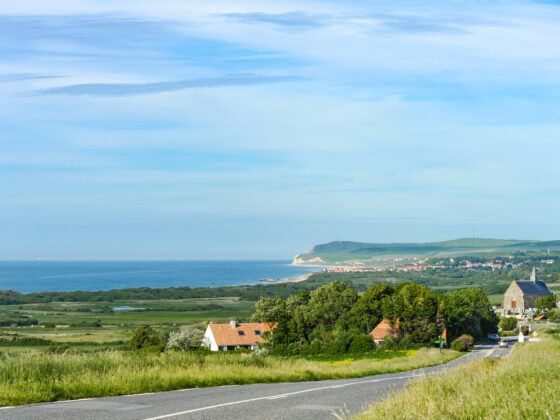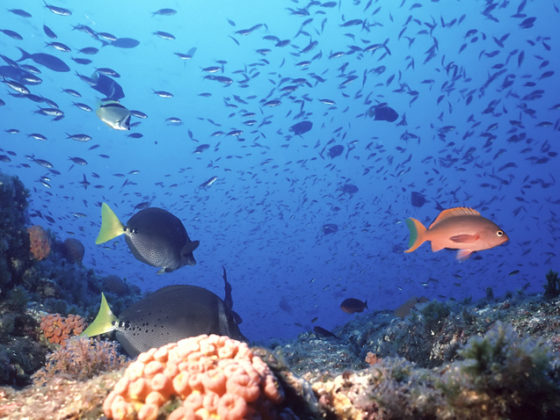As a city that has taken center-stage in world affairs for centuries, Paris is second only to perhaps Hollywood in its attainment of status as a world-class center for filmmaking. Indeed, true masters of the craft like Jean Renoir, Francois Truffaut and Jean-Luc Godard learned their art in the metropolis and set many of their most distinctive films there.
Long a site of literary settings for authors such as Baudelaire and Balzac and the subject matter of painters like Toulous-Lautrec and Monet, Paris has made a place in the public consciousness as a city affiliated with the best that art has to offer. As a natural setting for the art of filmmaking to flourish, the city has nurtured many of the most talented filmmakers to have ever used the form.
From providing a birthplace to early film experiments by Georges Méliès to becoming a backdrop to the deeply psychological cinematic portraits created by Jacques Rivette, Paris will undoubtedly be home to geniuses of film for many generations to come. Here are just a few films central to what we associate with the city.
The 400 Blows (1959)
This distinctive work of art was Francois Truffaut’s first full-length film and perhaps the greatest to come out of the French New Wave movement. Telling the (autobiographical) story of a child raised in lower-middle class Paris, ‘The 400 Blows’ earned Truffaut the grand prize at Cannes the year of its release and instantly established the young director as a celebrity and artist of distinction. Seemingly an attempt at the exorcism of many of the demons Truffaut dealt with throughout his life, the film offers universal truths about childhood that anyone can identify with. Indeed, Truffaut makes Paris seem at once deeply personal both to himself and his audience.
Breathless (1960)
Along with ‘The 400 Blows’, Jean-Luc Godard’s debut film ‘Breathless’ established a new generation of filmmakers as not just craftspeople but as the creators of high art equal in scope to the work of the greatest painters, poets and composers.
Both a tribute to the film-noir genre and seemingly a cinematic game in which the director tries to dismantle every established movie-making rule in the book, ‘Breathless’ is also a tribute to bustling Paris life and the youths who made their way through its ranks in the Cold War era.
Midnight in Paris (2011)
Woody Allen’s most financially successful work to date, ‘Midnight in Paris’ captivated audiences by taking them on a cinematic journey through different points in the city’s artistic history. As a magical taxicab brings the film’s protagonists back to Post-War Paris and its odd collection of writers, painters and poets like Hemingway, Picasso and T.S. Eliot, Allen uses Paris as the canvas on which he meticulously uses his cinematic brush.
Paris Belongs to Us (1961)
What was it that caused so many film critics in mid-20th Century Paris to take up filmmaking, and how were they able to equal the masters they so often wrote about? Here Godard and Truffaut’s colleague in film journalism Jacques Rivette offered another stunning take on Paris that would similarly establish him as a forerunner of the so-called ‘New Wave’ of young French filmmakers. An ode to both Shakespeare and American cinema, ‘Paris Belongs to Us’ also evokes the capitol in ways few other artists have ever been able to do.
Everyone Says I Love You (1996)
One of Woody Allen’s lesser-known films, this 1996 movie and its shots of Paris are beautiful and evocative of the city’s many quirky charms. As a work of art, ‘Everyone Says I Love You’ also serves as one of Allen’s odes to the great New Wave directors that inspired him. This musical comedy stars several high-profile actors such as Julia Roberts, Edward Norton and Drew Barrymore.
Le Cercle Rouge (1970)
As a testing of the philosophical boundaries of cinema, Jean-Pierre Melville’s heist film ‘The Red Circle’ is unmatched in its use of suspense and minimalism to convey the darker side of Paris. Staring Alain Delon, the film details the meticulous planning and undertaking of a jewellery store robbery, the film is in reality concerned with the psychology of poverty and fear that drives the criminals into a life of danger and chaos.











